Top 10 World News Stories of 2022
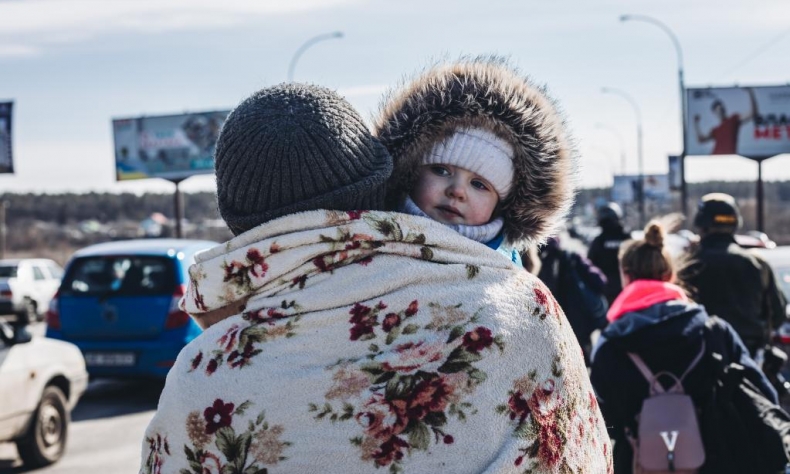
Here are the top 10 world news stories of 2022.
1. Russia-Ukraine conflict
The Russia-Ukraine conflict broke out in February and has since driven more than 14.5 million people to flee Ukraine—one of the largest refugee crises globally since the beginning of the 21st century.
The conflict between these two globally important grain producers has led to the stagnation of grain exports and intensification of the global food crisis. Russia is also the world’s largest exporter of natural gas and second largest exporter of oil. Many Western countries have imposed sanctions on Russia, resulting in soaring food and energy prices and high inflation around the globe.
The conflict also caused a sudden shift in the attitudes of Sweden and Finland toward joining NATO. Ending decades of neutrality, the two countries both announced their membership intention to NATO in May.
The escalating Russia-Ukraine crisis demonstrates the world is in urgent need of effective solutions to its security challenges. To promote security for all in the world, Chinese President Xi Jinping proposed the Global Security Initiative in April, which champions the commitment to the vision of common, comprehensive, cooperative and sustainable security, and working together to maintain world peace and security.
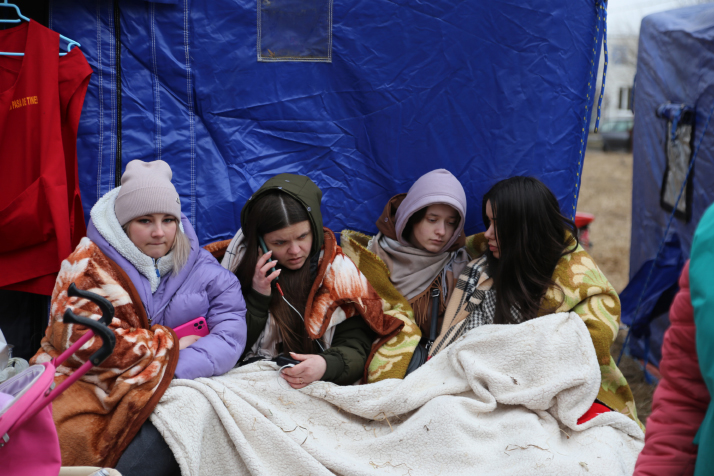
2. Global health concerns
Omicron has become the dominant COVID-19 variant worldwide since early 2022. However, by September, with new weekly cases and deaths already at the lowest levels since March 2020, Director General of the World Health Organization (WHO) Tedros Adhanom Ghebreyesus said the world had never been in a better position to end the pandemic. The negative impact of COVID-19 on the world economy is expected to ease next year as more countries gradually relax their coronavirus restrictions.
But global health issues continue to emerge. In July, WHO officially declared the multi-country monkeypox outbreak outside of the traditional endemic areas in Africa a public health emergency of international concern, the highest level of alert that the global health authority can issue.
According to WHO, as of December 11, 110 member states had reported 82,624 laboratory confirmed cases and 65 deaths. It has also announced the use of “mpox” as a synonym for monkeypox out of concern that the current name has given rise to racism and discrimination.
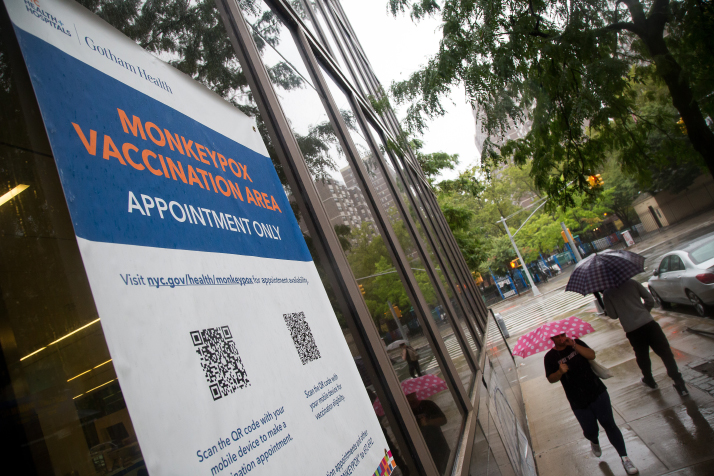
3. RCEP agreement entering into force
The Regional Comprehensive Economic Partnership (RCEP), signed between the 10 member states of ASEAN (Brunei, Cambodia, Indonesia, Laos, Malaysia, Myanmar, the Philippines, Singapore, Thailand and Viet Nam) and its five free trade agreement partners (Australia, China, Japan, New Zealand and the Republic of Korea), came into effect on January 1.
It is the world’s largest free trade zone according to many indicators, and its 15 member states are home to around 30 percent of global population, global GDP and global trade. The entry into effect of the RCEP demonstrates the confidence and determination of all parties to jointly uphold multilateralism and free trade and promote regional economic integration. It will make an important contribution to regional and global trade and investment growth, economic recovery, prosperity and development.

4. Adverse spillovers from higher U.S. interest rates
On December 14, the U.S. Federal Reserve (Fed) raised its benchmark interest rate by 0.5 of a percentage point, its seventh increase in 2022. The latest move lifted the Fed’s target rate into a range between 4.25 percent and 4.5 percent—the highest level in 15 years.
The half-percentage-point increase marks a step-down from a string of aggressive interest rate hikes since June, when the Fed made four consecutive 0.75-percentage-point jumps in an effort to curb the most ferocious bout of national inflation in four decades. Still, the country is far from achieving the Fed’s goal of reaching a 2-percent inflation level—where the economy was before the pandemic.
The Fed’s interest rate hikes have caused turmoil in international markets, and developing countries with relatively fragile economies that rely heavily on U.S. dollar borrowing and foreign trade are likely to be hit the hardest.
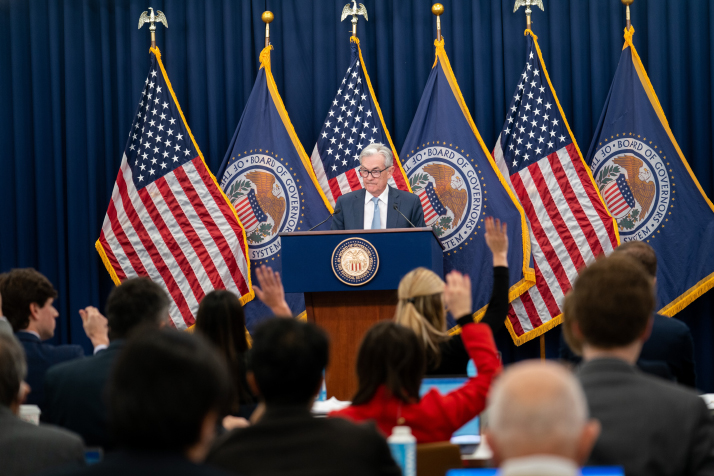
5. UK: passing of the crown and government changes
The passing of Queen Elizabeth II on September 8, after a reign of over 70 years, brought to an end an extraordinary life and an era in British, Commonwealth and European history. Queen Elizabeth II came to the throne on the death of her father King George VI in February 1952 when Winston Churchill was prime minister. She died only days after appointing the 15th incumbent to this position, Liz Truss.
But Truss formally announced her resignation on October 20, following a failed tax-cutting budget that rocked financial markets, as well as a hostile opposition and fury from her own Conservative Party, breaking the record for the shortest tenure of a prime minister in modern British political history—44 days.
In just four months, the British Conservative cabinet saw off two prime ministers and replaced four finance ministers. On October 24, Rishi Sunak won a three-day race to become the new Conservative leader and became the first prime minister of Indian descent and the youngest one to take office since 1812. However, he is looking at economic problems almost identical to, or even more severe than, those faced by the Truss administration.

6. Lula elected as Brazilian president
Luiz Inácio Lula da Silva, a Workers’ Party candidate and former President of Brazil, won a narrow victory over Jair Bolsonaro, the right-wing incumbent, on October 30. Lula will serve a four-year term as Brazilian president beginning on January 1, 2023.
The relationship between China and Brazil is expected to improve after Lula’s return to office. During Bolsonaro’s presidency, his ideology-driven diplomacy affected political relations between the two countries. By contrast, Lula maintained a positive attitude toward China during his previous two presidential terms from 2003 to 2010.
Together with Brazil, several other Latin American countries have seen the return of left-wing governments. Given their strong desire to have the final say on their own affairs, they will try to win a more equal and independent status in their respective relations with the United States. Meanwhile, these governments may work to promote the integration of Latin America, particularly of South America. Accelerated regional integration will in turn push forward cooperation with Asia, Africa and Europe.
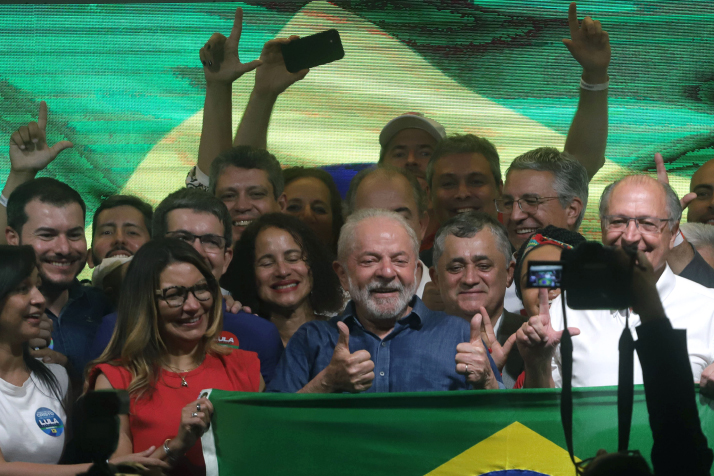
7. 2022 FIFA World Cup
The 2022 FIFA World Cup took place in Qatar from November 20 to December 18. It was the first World Cup held in the Arab and Muslim world and also the largest post-pandemic sporting event without prevention and control measures such as travel restrictions and social distancing. In the final, Argentina won a penalty shootout victory over France to take its third-ever world cup championship after 36 years.
Chinese companies played a big part in the tournament. According to GlobalData, a London-based data analytics and consulting company, the sponsorship of Chinese companies reached nearly $1.4 billion, surpassing that of the U.S. at $1.1 billion and ranking first in the world. Lusail Stadium, Qatar’s biggest World Cup venue with a capacity of 92,000 spectators, was built by the China Railway Construction Corp.

8. World population: 8 billion
The world’s population reached 8 billion people on November 15, representing a “milestone in human development” before birth rates start to slow, according to a projection from the United Nations.
The figure meant 1 billion people had been added to the global population in just 12 years. “This unprecedented growth is due to the gradual increase in human lifespan owing to improvements in public health, nutrition, personal hygiene and medicine. It is also the result of high and persistent levels of fertility in some countries,” read one UN statement.
However, the world today faces more environmental and resource pressures. The number of people affected by hunger globally rose to 828 million in 2021, an increase of about 46 million since 2020 and 150 million before the outbreak of COVID-19. During the pandemic, society has moved further away from its goal of ending hunger, food insecurity and malnutrition in all its forms by 2030.
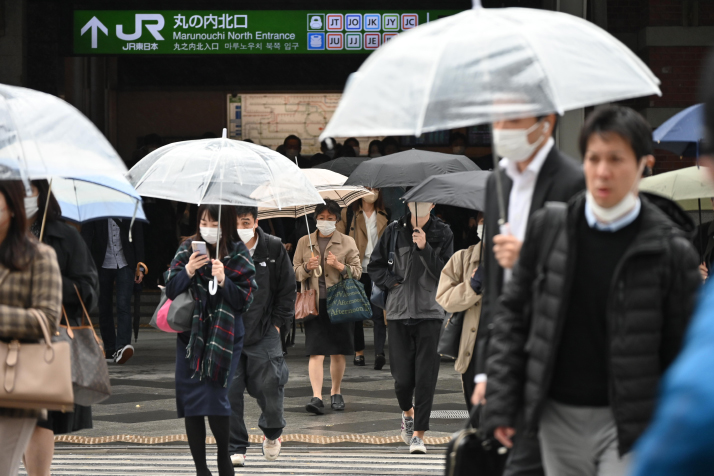
9. Sri Lanka’s ‘bankruptcy’
Sri Lanka is “bankrupt,” its former Prime Minister and incumbent President Ranil Wickremesinghe said on July 5, as the country was in the midst of its worst financial crisis in seven decades. Foreign exchange reserves plummeted to record lows, as dollars were needed to pay for essential imports including food, medicine and fuel.
The country’s tourism industry, which is a pillar of its economy, began to falter after terrorist attacks in 2019, and was further damaged by the COVID-19 pandemic. According to economists, years of government mismanagement and corruption added to its budget woes. Creditors downgraded Sri Lanka’s ratings beginning in 2020, eventually locking it out of international financial markets.
In May, the country failed to make a payment on its foreign debt for the first time in its history. Many countries and international institutions have offered assistance, but its history of political malfunction could complicate any financial rescue package while political upheaval over the economic crisis adds more uncertainties to the process.
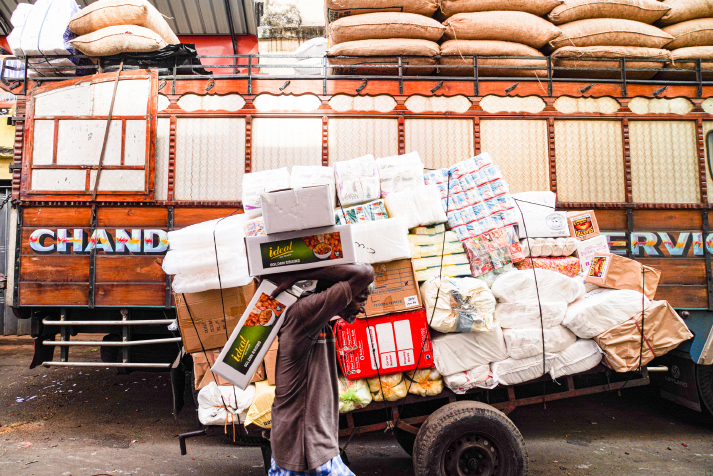
10. Stampede in Seoul
A stampede occurred at Itaewon, a district of Seoul, the Republic of Korea, during Halloween gatherings on October 29. At least 158 people were killed and 196 others injured, most of them were in their late teens and 20s. The stampede is the country’s deadliest disaster since a ferry sinking incident left 304 people dead in April 2014.
The stampede is believed to have been caused by huge crowds surging into a narrow downhill alley with a width of just 4 to 6 meters and toppling over one another while reveling at the popular nightlife district in Seoul.
An estimated 100,000 people gathered at Itaewon for the country’s biggest no-mask outdoor Halloween event since the outbreak of the COVID-19 pandemic in 2020. The shortage of police officers to control the crowd was believed to have exacerbated the disastrous crowd crush.
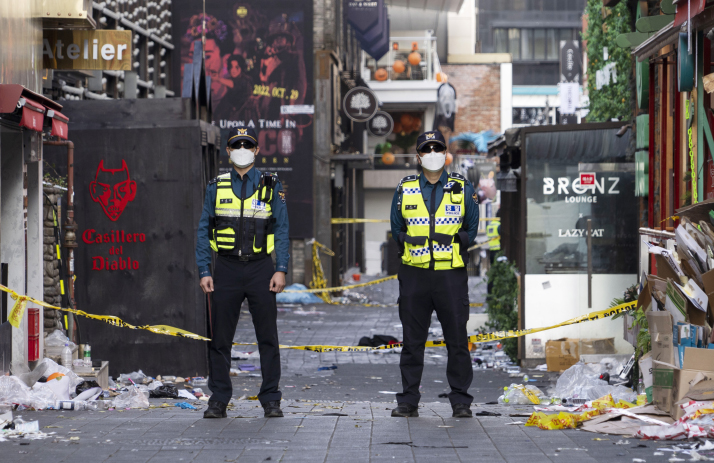
 Facebook
Facebook
 Twitter
Twitter
 Linkedin
Linkedin
 Google +
Google +










